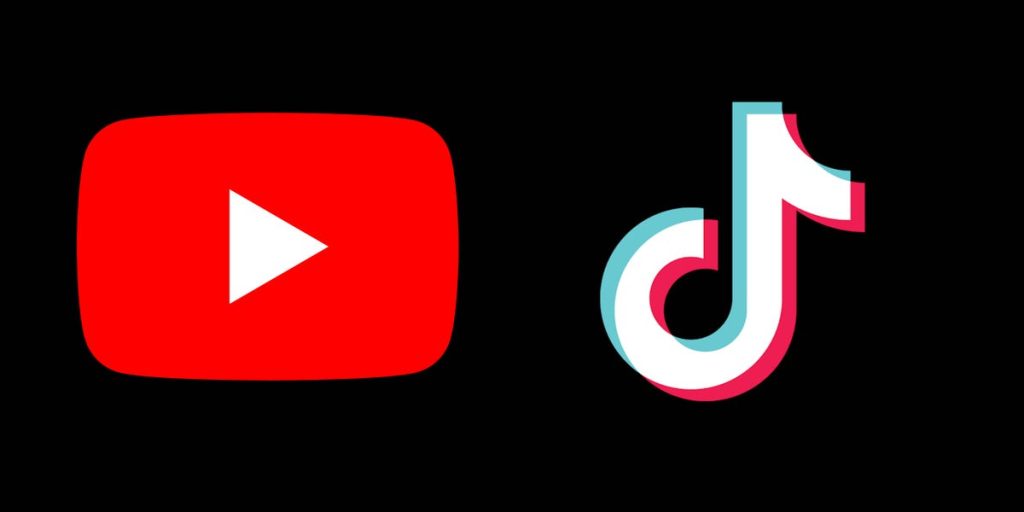Creators’ earnings are still on the rise, but the ways in which they make money are changing.
New data from market-research firm Emarketer, Business Insider’s sister company, forecasts that creator revenue from social media will rise by 16.5% year over year to $13.7 billion in 2024.
While brand partnerships remain the primary income source for creators, affiliate marketing is getting a “glow up” this year thanks to platforms like TikTok and YouTube, according to research-analyst Jasmine Enberg.
“Most creators have realized that refusing an affiliate deal is like leaving money on the table, and it’s a great way for smaller creators or those who treat content creation as a side hustle to get their foot in the door of monetizing,” Enberg told BI.
US consumers are also spending more now than in recent years despite high inflation and rising interest rates, and it’s helping boost creator earnings. For example, more users on TikTok are buying into creator subscriptions and merchandise compared to previous years, the Emarketer data shows.
A creator usually has several income streams, from brand partnerships to affiliate marketing to launching courses. These alternative revenue sources are helping those with smaller audiences, not just superstars like Khaby Lame, earn a living.
“There are now fewer overnight TikTok sensations, but the influencer market is saturated with creators and even average users looking to monetize their content,” Enberg said.
Here are three takeaways from the Emarketer data:
More creators are hopping on the affiliate-marketing train
Influencers make money when sharing a trackable link or using a specific code through which someone makes a purchase, a practice known as affiliate marketing. The creator gets a commission from that sale.
Emarketer found that creator earnings from this revenue stream will surpass $1 billion in 2024, a year-over-year increase of 22.6%.
Many influencers host their affiliate links using e-commerce platforms like LTK or Amazon. However, Enberg said TikTok Shop, introduced by the platform in the US last year, has supercharged the growth of affiliate marketing. The company has leaned heavily into working with influencers to grow its shopping product.
Affiliate marketing is also popular on Instagram and YouTube, with the latter doubling down recently with its own affiliate-marketing program. Instagram creator Janesha Moore also told BI that affiliate marketing is a more inclusive revenue stream for creators of color, who are often overlooked and underpaid in brand partnerships.
“It’s such a powerful tool because everyone has the same percentage they make, so it’s really just a matter of the strategies you put into place to make the money work for you,” Moore said.
YouTube is at the top of the list for in-platform income
YouTube has seen exponential growth in influencer marketing, with a 700% spending boost for shorts in 2023. It looks like the same goes for creator earnings, according to Emarketer, which found the platform is the single-largest source of direct platform payouts to creators. YouTube payouts are predicted to rise by 10% to $3.2 billion this year.
The increase in demand for longer-form content is another reason YouTube is expected to be the most financially lucrative platform for creators in 2024. Other platforms like TikTok have also launched initiatives that compensate creators for posting long-form content.
However, Enberg acknowledges that direct-monetization efforts overall are still not as profitable as other revenue streams.
“Platform payouts have been a headache for many creators, especially on short-form video where ads are primarily displayed between videos and harder to attribute,” she said. “YouTube shorts still need to prove it can drive real income for more creators in the long-term.”
Livestreaming could be worth your time
Enberg said that even though tipping, merchandise, and paid subscriptions are still “small slices of the social-media creator earnings pie,” they’re rapidly growing in popularity among users.
TikTok, in particular, has seen a rise in tipping culture. The platform has introduced features where followers can send a small sum of money by clicking on a creator’s profile or while the creator is livestreaming.
Read the full article here





